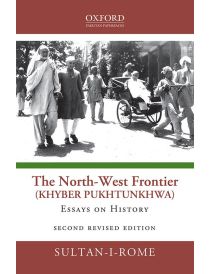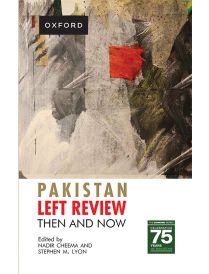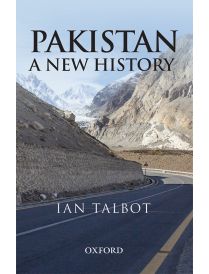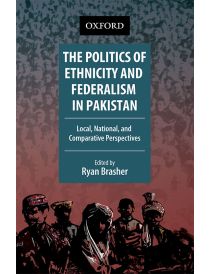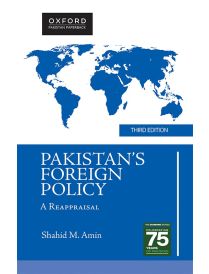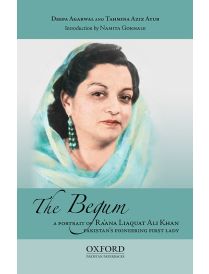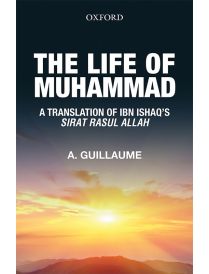Taming Rivers
These are the memoirs of Khan Bahadur Abdur Rahman Khan (1891–1980), a civil engineer in the North West Frontier Province (NWFP; now Khyber Pakhtunkhwa), during the British Indian period. A member of the Imperial Service of Royal Engineers, his memoirs provide a riveting account of the turbulent historical period in the NWFP, which saw the decline of the British Raj from its zenith, under Queen Victoria, to the exit of the British, the Partition of India, and the creation of Pakistan. His narrative records the often violent political struggle for independence, the gradual decline of the Raj and its institutions, the consequences of the shifting power structures under the various reforms, and the tussle between the Indian National Congress and the Muslim League to win over the loyalties of the Pathans.
His narrative is rich with anecdotes and insights about events and the people who shaped the course of this history such as Sir George Cunningham, Sir Olaf Caroe, Sir Ambrose Dundas, Allama Iqbal, Dr Khan Sahib, Ghaffar Khan, and Khan Abdul Qayum Khan.
As a young engineer he was instrumental in saving the city of Dera Ismail Khan from being swept away by the raging waters of the Indus River in floods and he undertook long and arduous treks in Waziristan and Balochistan escorted by troops lead by British officers to survey and develop dams and irrigation projects.
He made a significant contribution to the irrigation development of the NWFP and Balochistan. After Independence he was appointed a member of the delegation to negotiate the Indus Water Dispute with India.
Besides providing an intimate political and social history of the changing times, hitherto not available in contemporary works, the author is widely recognized as an eminent engineer and his historical perspective on the water resources development of arid regions is a useful reference for those interested in working on these issues in Pakistan.
 Weight in kg
0.56
Weight in kg
0.56
 Rights
World
Rights
World
 Year of Publication
2022
Year of Publication
2022
 Binding
Hardback
Binding
Hardback
 Pages
312
Pages
312



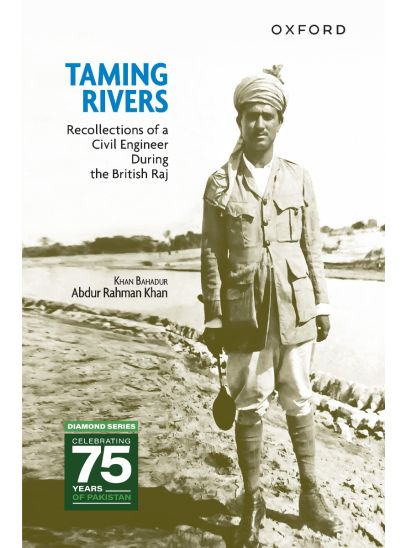
 Bulk Order
Bulk Order Request a Quote
Request a Quote